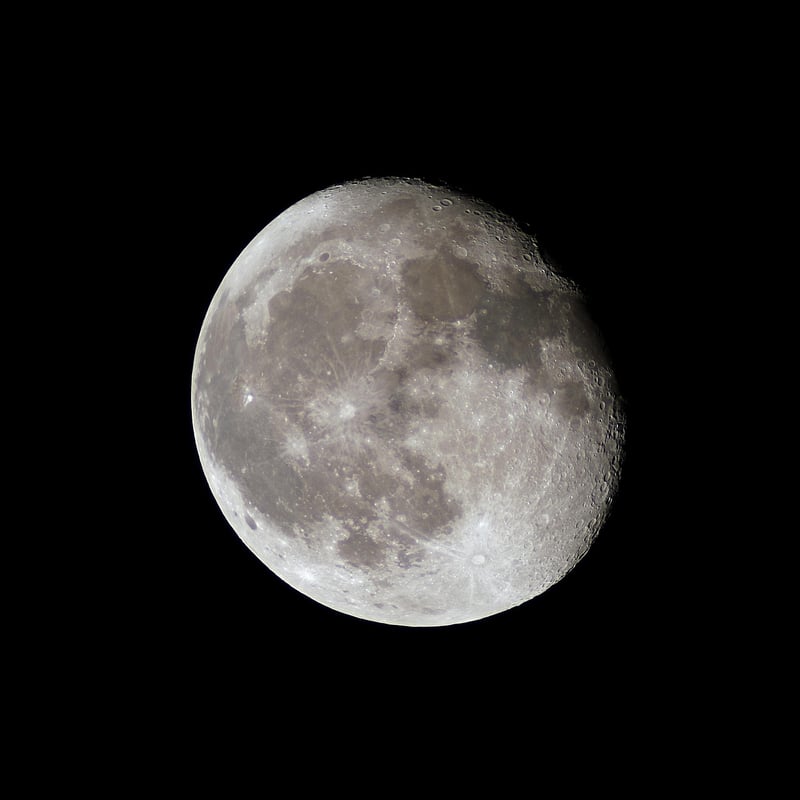Moon Colonization
Exploring Outer Space and Moon Colonization
Outer space has always captivated the human imagination, sparking curiosity about what lies beyond our planet Earth. The idea of colonizing the Moon has been a topic of interest for scientists, researchers, and space enthusiasts alike. Let's delve into the possibilities and challenges of exploring outer space and establishing a human presence on the Moon.
The Moon: Our Closest Celestial Neighbor
The Moon, Earth's natural satellite, has been a subject of fascination for centuries. Its proximity and familiar presence make it an ideal candidate for human exploration and potential colonization. Scientists believe that establishing a base on the Moon could serve as a stepping stone for further space exploration, including missions to Mars and beyond.

Challenges of Moon Colonization
While the idea of colonizing the Moon is exciting, it comes with numerous challenges. These challenges include:
- Radiation: The Moon lacks a protective atmosphere, exposing inhabitants to harmful cosmic radiation.
- Extreme Temperatures: The Moon experiences drastic temperature variations, from scorching hot to freezing cold.
- Resource Limitations: Sourcing essential resources like water and oxygen on the Moon is a significant challenge for sustaining life.
- Isolation: Living in a confined lunar habitat can lead to psychological challenges due to isolation from Earth.
Benefits of Moon Colonization
Despite the challenges, the potential benefits of establishing a human presence on the Moon are vast. Some of these benefits include:
- Scientific Research: Conducting experiments in the unique lunar environment can provide valuable insights into space exploration and technology.
- Space Exploration: Using the Moon as a launchpad for deeper space missions can significantly reduce costs and risks associated with long-distance travel.
- Resource Utilization: Mining resources on the Moon, such as water ice and minerals, can support future space missions and even sustain life.
- Inspiration and Education: Moon colonization can inspire future generations to pursue careers in science, technology, engineering, and mathematics (STEM).
Conclusion
Exploring outer space and colonizing the Moon represent bold endeavors that hold the promise of expanding humanity's horizons beyond Earth. While the challenges are significant, the potential benefits and advancements in science and technology make these pursuits worthwhile. As we continue to push the boundaries of space exploration, the dream of a human settlement on the Moon may soon become a reality.
Are you ready to embark on the journey to outer space and beyond?
